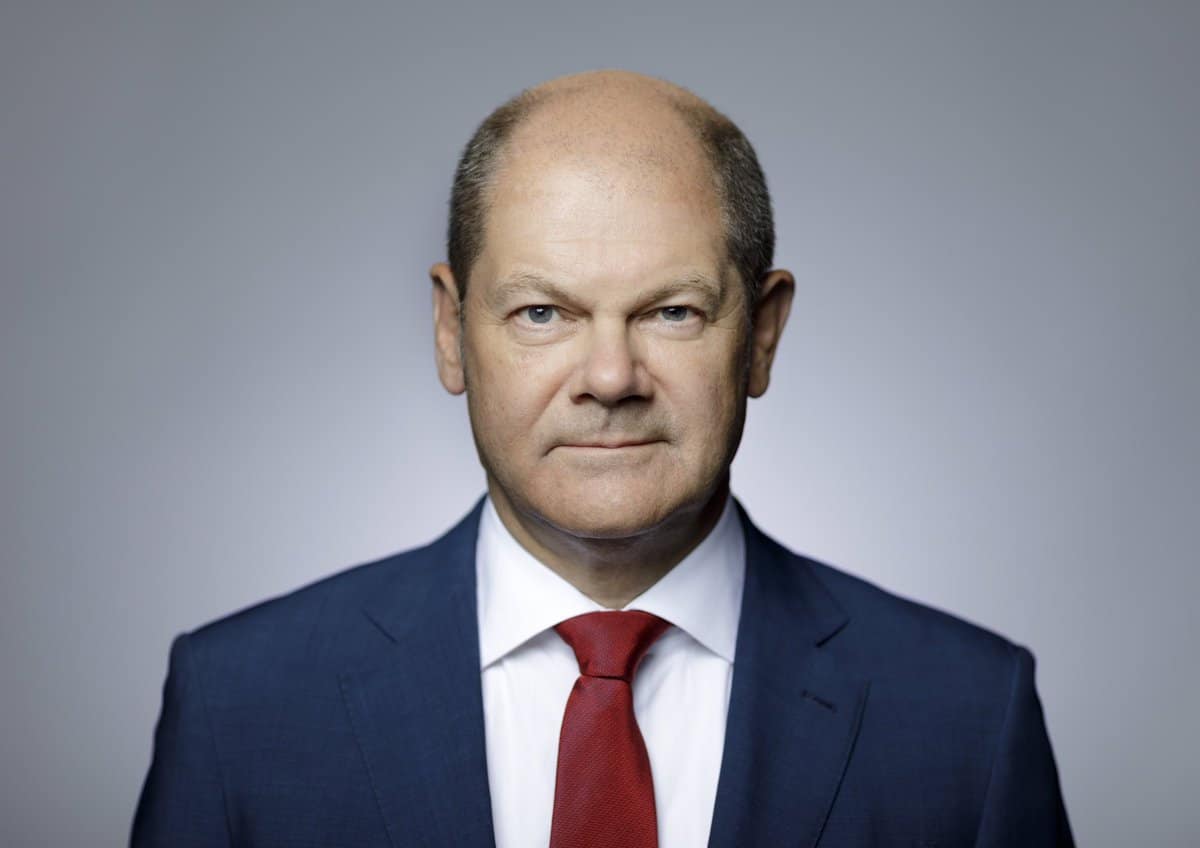Join Our Telegram channel to stay up to date on breaking news coverage
Facebook is currently in the midst of a stern battle for the approval of Libra, the cryptocurrency which it announced earlier this year. While the roadblocks to the asset’s approval have been significant, the company is beginning to find out just how much work it would need to do to push this asset over the goal line.
Yesterday, news medium Reuters reported that Olaf Scholz, the German Vice-Chancellor and Minister of Finance, has called for policymakers in the country to reject the use of parallel currencies, including but not limited to the stablecoin project from the social media giant.
Reuters reported that the comments were made while Scholz was speaking at a panel discussion in Berlin, with the policymaker all but confirming that there would be no way Libra will ever be allowed to operate in the country. He revealed that parallel currencies should never be allowed in the country, repeatedly reiterating his stance that they need to be rejected.
The news outlet also reported a separate document, which shows that there are collaborations between German regulators and their counterparts within the European Union to ensure that stablecoins are unable to affect the sovereignty of their national fiat currencies. The document reportedly reads, “The Federal Government will work at European and international level to ensure that stablecoins will not become an alternative to official currencies.”
The pushback from German authorities is the latest for Libra, and it follows a meeting between representatives from Facebook and the Committee on Payments and Market Infrastructure (CPMI), a subsidiary of the Bank of International Settlements (BIS).
The meeting, which was scheduled for September 16, is a last-ditch effort by Facebook to convince central bankers across Europe that their Libra stablecoin will not affect the stability of their economies or lead to any further breaches in the security of anyone who purchases it.
The delegation from the CPMI includes embers from the Bank of England, Deutsche Bank, the Federal Reserve Bank of New York, and much more. This wouldn’t be the first time that German policymakers will be speaking out against the prospect of allowing Libra to operate within the country.
Just last week, Thomas Heilmann, a member of the country’s ruling parliament, confirmed that projects like Libra would be blocked by the government, while adding that they were not about to let any market-relevant private stablecoins to thrive and threaten the strength of their economy.
Germany is also not the only country to push back against Libra. Earlier this month, Bruno Le Maire, the French Minister of Finance, advocated for the creation of a public digital currency which would be adopted by European countries and used across the continent.
While at a meeting of eurozone finance ministers in Helsinki, Le Maire told reporters that he plans to begin discussing with his counterparts on the potential of the asset.
The French policymaker claimed that Libra could pose risks related to consumer protection, financial stability, and the “sovereignty of European states.” Thus, he is pushing for a digital currency operated and controlled within the European bloc, which will make cross-border payments easier, thus eliminating the need for Libra to operate altogether.
Facebook is now in a fight for the mere existence of Libra, as more potential markets seem to be closing their doors in its face.
Join Our Telegram channel to stay up to date on breaking news coverage


